At the time that the Joint Comprehensive Plan of Action (JCPOA) with Iran was being debated here in Washington, I felt that the terms of the deal were far less consequential than how the United States responded to Iranian regional behavior after a deal was signed. I see the events of the past 12 months as largely having borne out that analysis. While both sides have accused the other of “cheating” on the deal in both letter and spirit, it has so far largely held and neither Tehran nor Washington (nor any of the other signatories) have shown a determination to abrogate the deal or flagrantly circumvent its terms. However, as many of my colleagues have noted, the real frictions have arisen from the U.S. geostrategic response to the deal.
I continue to believe that the Obama administration was ultimately correct that signing the JCPOA was better than any of the realistic alternatives—even if I also continue to believe that a better deal was possible, had the administration handled the negotiations differently. However, its regional approach since then has left a fair amount to be desired:
- The president gratuitously insulted the Saudis and other U.S. allies in his various interviews with Jeff Goldberg of The Atlantic.
- After several alarming Iranian-Saudi dust-ups, administration officials have none-too-privately condemned Riyadh and excused Tehran in circumstances where both were culpable.
- Washington has continued to just about ignore all manner of Iranian transgressions from human rights abuses to missile tests, and senior administration officials have turned themselves into metaphorical pretzels to insist that the United States is doing everything it can to assist the Iranian economy.
- And the overt component of the administration’s Syria policy remains stubbornly focused on ISIS, not the Bashar Assad regime or its Iranian allies, while the covert side focused on the regime remains very limited—far smaller than America’s traditional Middle Eastern allies have sought.
To be fair, the administration has been quite supportive of the Gulf Cooperation Council war effort in Yemen—far more so than most Americans realize—but even there, still much less than the Saudis, Emiratis, and other Sunni states would like.
To be blunt, the perspective of America’s traditional Sunni Arab allies (and to some extent, Turkey and Israel) is that they are waging an all-out war against Iran and its (Shiite) allies across the region. They have wanted the United States, their traditional protector, to lead that fight. And they feared that the JCPOA would result in one of two different opposite approaches: either that the United States would use the JCPOA as an excuse to further disengage from the geopolitical competition in the region, or even worse, that Washington would use it to switch sides and join the Iranian coalition. Unfortunately, their reading of events has been that this is precisely what has happened, although they continue to debate whether the United States is merely withdrawing or actively changing sides. And as both Bruce Reidel and I have both stressed, this perception is causing the GCC states to act more aggressively, provoking more crises and worsening proxy warfare with Iran that will inevitably aggravate an already dangerously-unstable Middle East and raises the risk of escalation to something even worse.
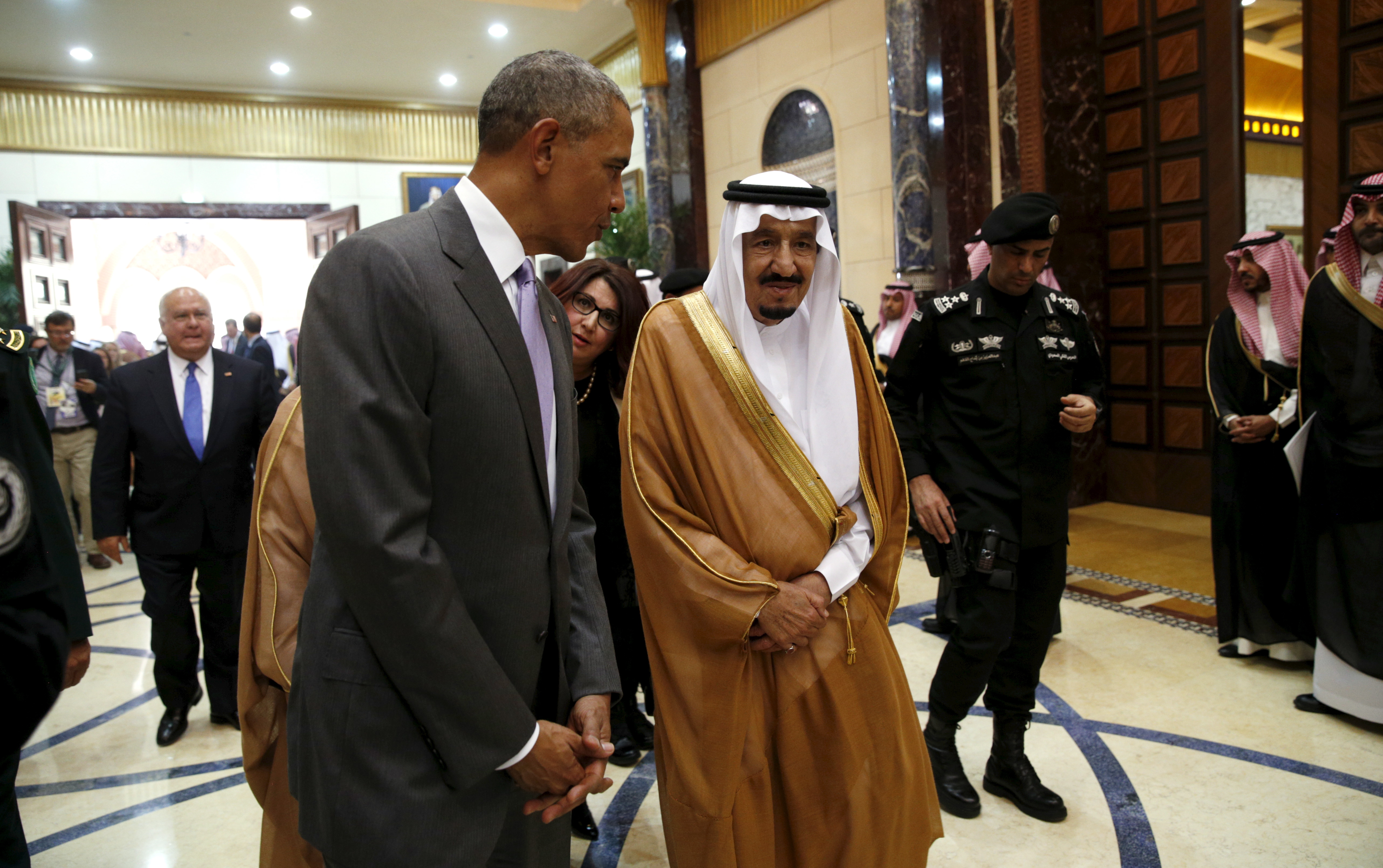
Looking to year two
All that said, I wanted to use the first anniversary of the JCPOA to think about where we may be on its second anniversary. By then, we will have a new president. Donald Trump has not laid out anything close to a coherent approach to the Middle East, nor does he have any prior experience with the region, so I do not believe we can say anything reasonable about how he might handle the region if he somehow became president. Hillary Clinton, on the other hand, has had considerable experience with the region—as first lady, senator, and secretary of state—and she and her senior aides have discussed the region to a much greater extent, making it possible to speculate on at least the broad contours of her initial Middle East policy.
In particular, Clinton has been at pains to emphasize a willingness to commit more resources to deal with the problems of the Middle East and a fervent desire to rebuild the strained ties with America’s traditional Middle Eastern allies. From my perspective, that is all to the good because an important (but hardly the only) factor in the chaos consuming the Middle East has been the Obama administration’s determination to disengage from the geopolitical events of the region and distance itself from America’s traditional allies. The problem here is not that the United States always does the right thing or that our allies are saints. Hardly. It is that the region desperately needs the United States to help it solve the massive problems of state failure and civil war that are simply beyond the capacity of regional actors to handle on their own. The only way to stop our allies from acting aggressively and provocatively is for the United States to lead them in a different, more constructive direction. In the Middle East in particular, you can’t beat something with nothing, and while the United States cannot be the only answer to the region’s problems, there is no answer to the region’s problems without the United States.
My best guess is that our traditional allies will enthusiastically welcome a Hillary Clinton presidency, and the new president will do all that she can to reassure them that she plans to be more engaged, more of a leader, more willing to commit American resources to Middle Eastern problems, more willing to help the region address its problems (and not just the problems that affect the United States directly, like ISIS). I think all of that rhetorical good will and a sense (on both sides) of putting the bad days of Obama behind them will produce a honeymoon period.
[T]he second anniversary of the JCPOA could prove even more fraught for America and the Middle East than the first.
But I suspect that that honeymoon will come to an end after 6 to 18 months, perhaps beginning with the second anniversary of the JCPOA and occasioned by it. I suspect that at that point, America’s traditional allies—the Sunni Arab States, Israel, and Turkey—will begin to look for President Clinton to turn her words into action, and from their perspective, that is probably going to mean doing much more than President Obama. I suspect that they will still want the United States to join and/or lead them in a region-wide war against Iran and its allies. And while I think that a President Clinton will want to do more than President Obama, I see no sign that she is interested in doing that much more.
Syria is one example. The GCC wants the United States to commit to a strategy that will destroy the Assad regime (and secondarily, eliminate ISIS and the Nusra Front). Clinton has said she was in favor of a beefed-up covert campaign against the Assad regime and that she is in favor of imposing a no-fly zone over the country. If, as president, she enacts both, this would be a much more aggressive policy than Obama’s, but as I have written elsewhere, neither is likely to eliminate the Assad regime, let alone stabilize Syria and end the civil war—the two real threats to both the United States and our regional allies (and our European allies).
Even more to the point, I cannot imagine a Hillary Clinton administration abrogating the JCPOA, imposing significant new economic sanctions on Iran, or otherwise acting in ways that it would fear could provoke Tehran to break the deal, overtly or covertly. That may look to our traditional allies like Washington is trying to remain on the fence, which will infuriate them. After Obama, and after Clinton’s rhetoric, they expect the United States to stand openly and resolutely with them. At the very least, such American restraint will place further limits on the willingness of a Clinton administration to adopt the kind of confrontational policy toward Tehran that our regional allies want, and that her rhetoric has led them to expect.
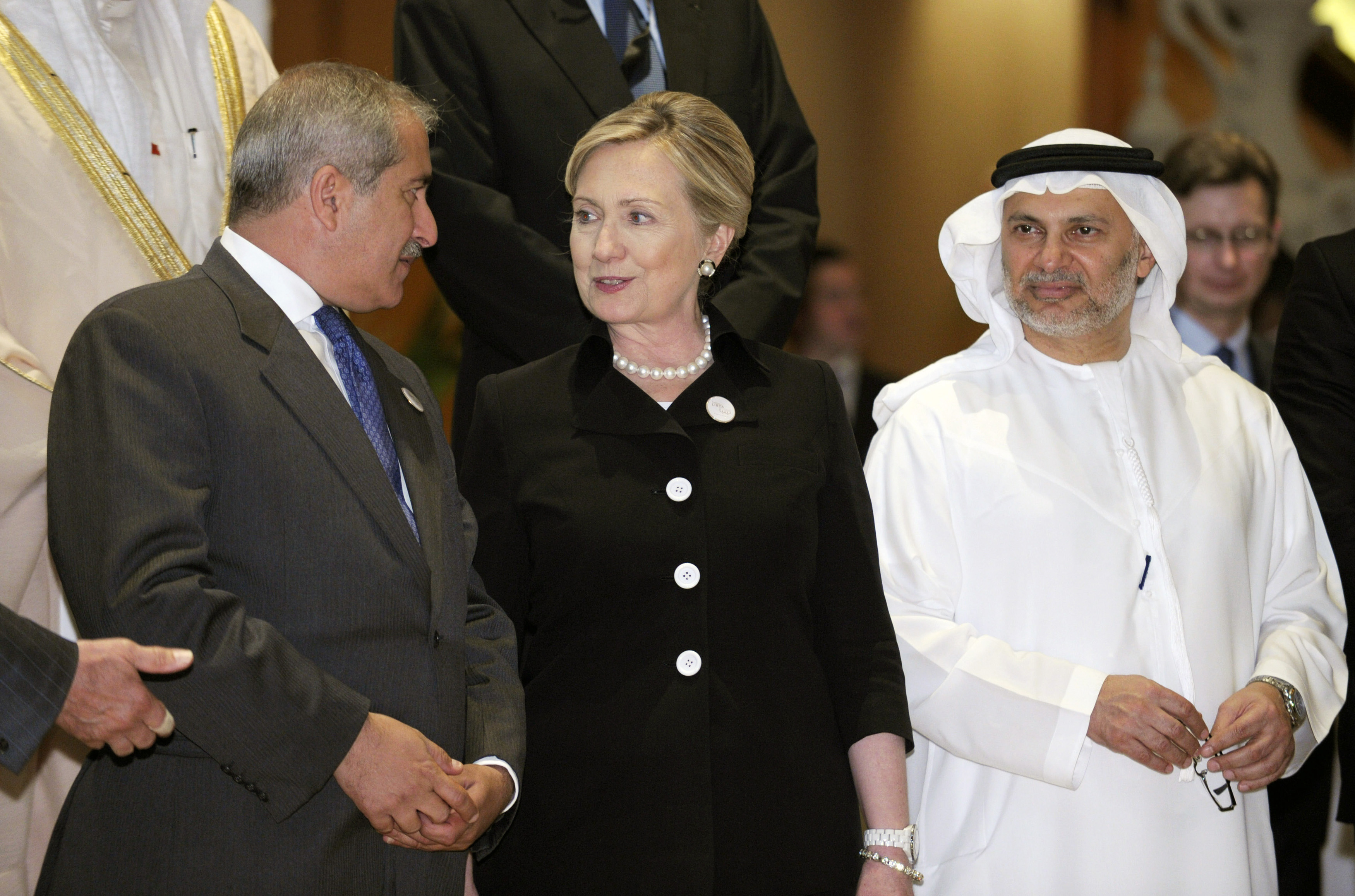
Reconcile, or agree to disagree?
Let me be clear, I am not suggesting that the United States should adopt the GCC analysis of what is going on in the region wholeheartedly. I think that it overstates Iran’s role as the source of the region’s problems and so distracts from what I see as the region’s real problems—state failure and civil wars—even if the Iranians have played a role in exacerbating both.
Instead, my intent is simply to highlight that there are some important strategic differences between the United States and its regional allies, differences that are not all Barack Obama’s fault but reflect important differences that have emerged between the two sides. If this analysis is correct, then the second anniversary of the JCPOA could prove even more fraught for America and the Middle East than the first. The honeymoon will be over, and both sides may recognize that goodwill and rousing words alone cannot cover fundamental divergences in both our diagnosis of what ails the region and our proposed treatment of those maladies. If that is the case, then both may need to make much bigger adjustments than they currently contemplate. Otherwise, the United States may find that its traditional allies are no longer as willing to follow our lead, and our allies may discover that the United States is no longer interested in leading them on the path they want to follow.
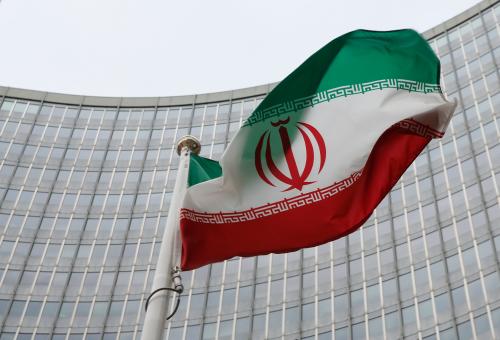
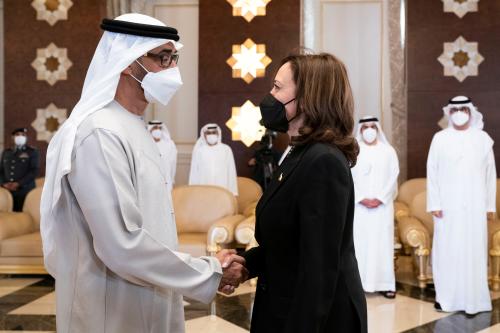
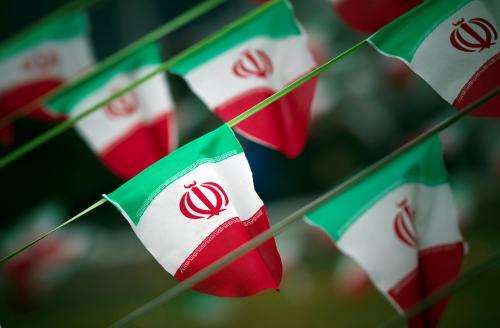
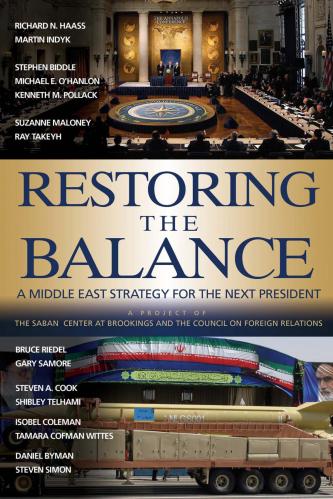
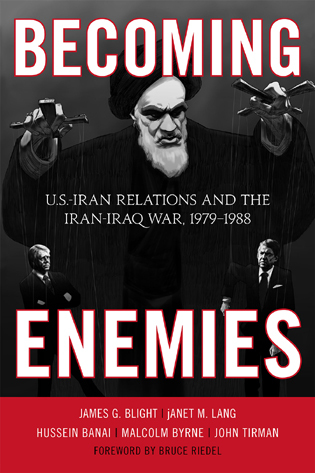
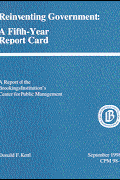

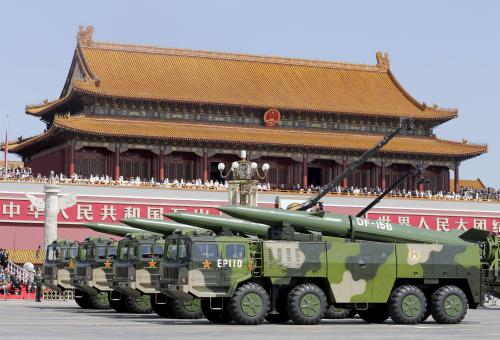


Commentary
Why the Iran deal’s second anniversary may be even more important than the first
July 14, 2016